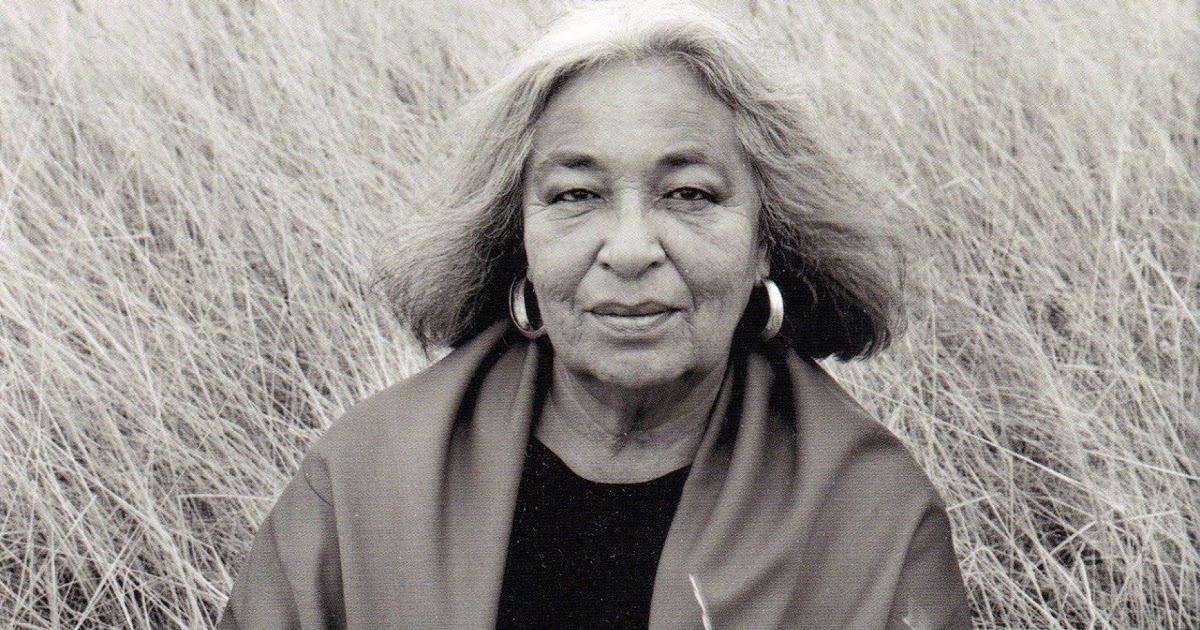The Bahá’í teachings herald the dawn of a new day—a day marked by the awakening of the human spirit and the emergence of a collective consciousness that seeks unity and harmony among all peoples. Central to this ethos is the concept of pressing onward, exemplified in the life and work of Patricia Locke, a luminous figure who serves as a contemporary embodiment of these principles. Much like the dawn, which breaks the darkness with a cascade of light, Locke’s contributions illuminate the path toward a shared global future, resonating with the Bahá’í ideals of service, justice, and empowerment.
To grasp the significance of Locke’s journey within the Bahá’í framework, we must first consider the metaphor of dawn itself. Dawn symbolizes not merely the transition from night to day; it encapsulates the stirring hope of renewal and transformation. In the context of Bahá’í teachings, the dawn represents the potential for humanity to rise above its tribulations and embrace a new paradigm rooted in love and understanding.
Locke’s life story is interwoven with the tenets of the Bahá’í Faith. A prominent advocate for social justice, she dedicated her efforts to empowering marginalized communities. Her work resonates deeply with the Bahá’í principle that advocates for the promotion of equality, essential for fostering an environment in which all individuals can thrive. Just as the sun’s first rays touch the earth, igniting the world with warmth and vitality, Locke’s initiatives have sparked inspiration, encouraging others to contribute their light to the collective experience.
The progressive vision of the Bahá’í teachings is particularly poignant in Locke’s advocacy for the indigenous rights movement. This mission exemplifies one of the core teachings of the Bahá’í Faith—the oneness of humanity—which posits that all individuals, regardless of their backgrounds, should coexist in harmony. Locke’s endeavors serve as a clarion call for inclusivity. Her eloquence in articulating the struggles of indigenous peoples resonates profoundly, making her a voice for those who have been historically overlooked and marginalized.
Moreover, the Bahá’í commitment to education as a vehicle for empowerment finds expression in Locke’s undertakings. Education is a fundamental pillar within Bahá’í teachings, representing not only the acquisition of knowledge but also the illumination of the hearts and minds of individuals. By championing educational initiatives aimed at uplifting disenfranchised communities, Locke embodies this principle. Her belief in the transformative power of education mirrors the Bahá’í perspective that states the advancement of civilization is intrinsically linked to the widespread dissemination of knowledge and enlightenment.
Another poignant aspect of Locke’s legacy is her unwavering commitment to interfaith dialogue. The Bahá’í Faith places great emphasis on the need for harmony among the world’s religions, recognizing that fundamental truths exist within all spiritual traditions. Locke, through her engagement with diverse belief systems, exemplifies the spirit of unity that Bahá’í teachings espouse. She has nurtured spaces where varied perspectives converge, fostering a sense of mutual respect and understanding. Just as dawn brings together the myriad hues of the sky, her efforts coalesce diverse voices into a symphony of shared wisdom and purpose.
In examining Locke’s contributions through the lens of Bahá’í doctrine, we encounter the powerful interrelationship between individual agency and collective progress. This synergy is poignantly captured in the Bahá’í teaching that each individual is but a single note in the grand symphony of humanity—each unique, yet harmonizing with others to create a compelling narrative of growth and enlightenment. Locke’s life embodies this notion, illuminating the paths of countless individuals seeking to make a difference.
Furthermore, the metaphor of dawn signifies a gradual awakening—a process that demands persistence and resilience. The Bahá’í teachings acknowledge the inevitability of challenges in the quest for unity and justice. Locke’s life reminds us that pressing on is essential, regardless of obstacles. Each small step taken under the cloak of night can ultimately lead to the shimmering dawn. Her ability to navigate adversity is a testament to the strength inherent in the human spirit, propelling forward towards a brighter future.
As the sun rises higher, it casts a broader light across the landscape, signifying growth and prosperity. In this context, the Bahá’í understanding of service to humanity emerges. Locke’s emphasis on proactive engagement in social issues underscores the notion that individuals hold the power to effect change. It is through selfless service that one contributes to the construction of a more just and equitable society. The Bahá’í Faith encourages each person to embrace their role as a catalyst for transformation, much like the sun dispelling shadows with its radiant beams.
In conclusion, the teachings of the Bahá’í Faith provide an evocative framework for understanding the profound impact of Patricia Locke’s work. As we contemplate the metaphor of the dawn, let us be inspired by her legacy, which not only encourages us to press onward but also invites us into a consolidated vision for humanity. Through her unwavering commitment to social justice, education, and interfaith dialogue, Locke serves as a beacon for those striving to usher in the dawn of a new day—one infused with the warmth of compassion, equality, and unity. Let us heed this call, contributing our light to the world as we participate in the grand narrative of progress, illuminating the way for future generations.
